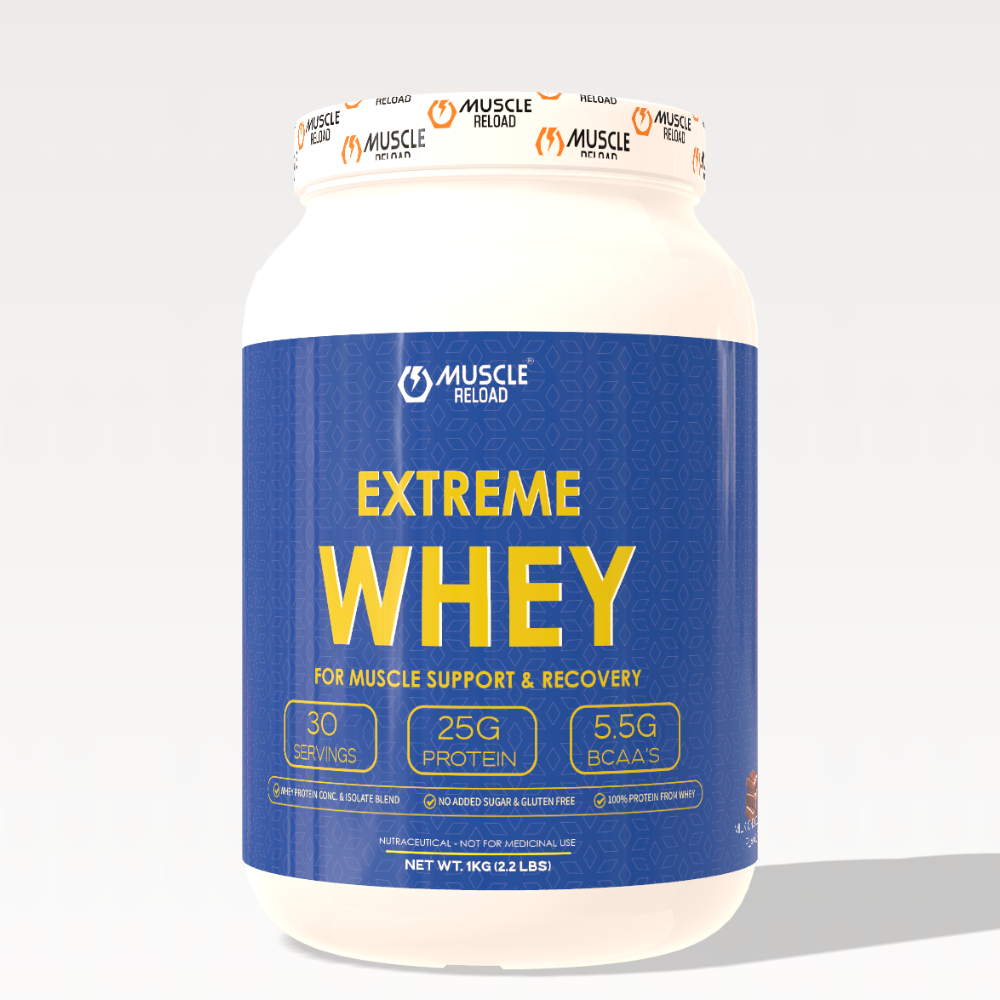🧍♂️ Introduction: Aging and Protein — What Changes?
Protein plays a major role in maintaining muscle strength, repairing tissues, and keeping metabolism active. But as we get older, many people notice that they lose muscle faster, feel weaker, or find it harder to recover after exercise.
One big reason behind this is reduced protein absorption and utilization — meaning your body doesn’t use protein as effectively as it did in your 20s or 30s. Let’s explore why this happens and what you can do about it.
⚙️ Why Protein Absorption Slows Down With Age
Several biological and lifestyle factors make protein digestion and absorption less efficient with age:
-
Lower Digestive Enzyme Production
The stomach and pancreas produce fewer digestive enzymes and stomach acid as you age. Without enough enzymes like protease and pepsin, your body can’t fully break down protein into absorbable amino acids. -
Reduced Muscle Sensitivity to Protein
As we grow older, our muscles don’t respond as strongly to amino acids — a phenomenon known as anabolic resistance. This means that even if you eat enough protein, your body builds less muscle from it. -
Hormonal Changes
Aging is linked with lower levels of testosterone, growth hormone, and estrogen, which reduces the rate of muscle protein synthesis. -
Inactive Lifestyle
Less movement or lack of strength training slows down metabolism and weakens the body’s response to dietary protein.
🍗 How Much Protein Do You Actually Need After 40?
Most adults over 40 should increase their protein intake slightly to make up for this reduced efficiency.
👉 Recommended Intake:
1.2 to 1.6 grams of protein per kilogram of body weight per day.
For example, a 70 kg person should aim for 85–110 grams of protein per day, split across 3–4 meals.
This helps your body digest and utilize protein more effectively instead of overloading it at one time.
💪 Tips to Improve Protein Absorption Naturally
Here are some simple ways to boost your body’s protein absorption as you age:
-
Choose High-Quality Protein Sources
Include complete proteins like whey, eggs, chicken, fish, soy, and dairy that contain all essential amino acids. -
Add Digestive Enzymes
Supplements containing enzymes like bromelain, papain, or protease can help your body break down protein better. -
Stay Hydrated
Water supports enzyme activity and nutrient transport, which helps in digestion and absorption. -
Stay Physically Active
Strength or resistance training helps muscles respond more effectively to protein and promotes faster recovery. -
Distribute Protein Throughout the Day
Spread your protein intake evenly across meals instead of consuming most of it at dinner or post-workout. -
Include Gut-Friendly Foods
Add foods with prebiotics and probiotics (like yogurt, kefir, or FOS fiber) to keep your digestive system healthy.
🧃 Best Protein Choices for Older Adults
As digestion slows down, it’s important to pick protein sources that are gentle on the stomach and easy to absorb.
-
Whey Protein Isolate: Fast-digesting and rich in BCAAs
-
Casein Protein: Slow-releasing, ideal for nighttime recovery
-
Plant Protein Blends: For lactose-intolerant individuals
-
Protein with Digestive Enzymes: Helps older adults absorb nutrients efficiently
⚡ Muscle Reload Recommendation
To overcome age-related protein challenges, try Gro Strong: Protein for Everyone by Muscle Reload Nutrition.
It contains a multi-protein blend (Whey, Milk Solids, Calcium Caseinate) combined with MCT Oil, FOS fiber, and digestive enzymes — making it perfect for adults who want to stay fit, strong, and active at any age.
🧠 Final Thoughts
Yes, protein absorption does decrease with age — but that doesn’t mean you can’t build or maintain muscle.
By eating quality protein, staying active, and supporting digestion with the right nutrients, you can continue to stay healthy, strong, and energized well into your 50s, 60s, and beyond.



